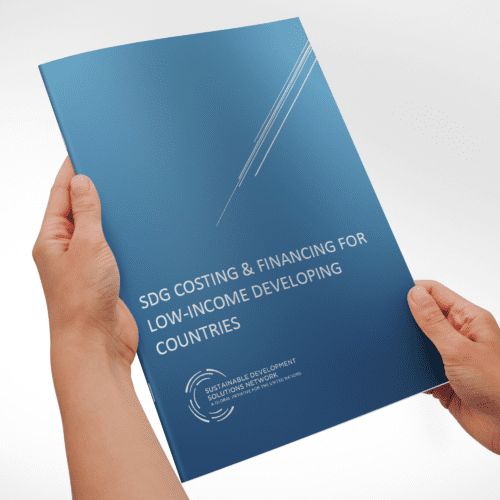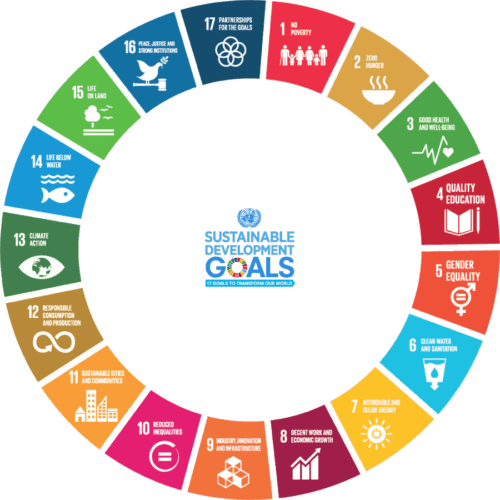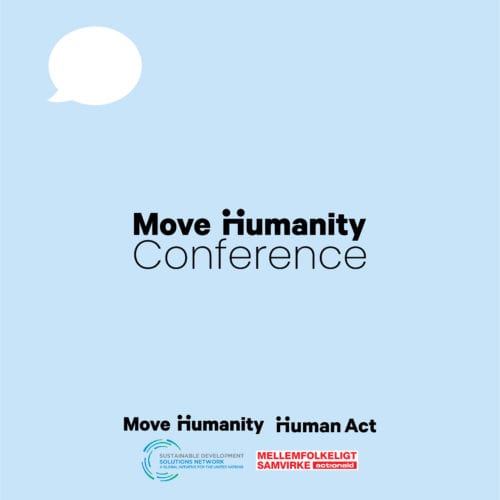Almost a billion people the world over go to bed hungry every day. Every day, millions of children wake up to a life in poverty. Not because we can’t afford to do anything about it. But because, every day, we just let it happen.
What have one of Denmark’s wealthiest men, who earned millions in the construction sector, and the general secretary of a Danish development organisation have in common? What brings us together?
The short answer is the fight against poverty and extreme inequality. We both agree that widespread poverty in a world with such great wealth is entirely unacceptable. We agree that, if we are to combat inequality and eradicate poverty, the world’s wealthiest will have to contribute more of their enormous and growing fortunes.
And we are not alone. The World Bank too has warned about inequality https://globalnyt.dk/content/verdensbanken-hoej-ulighed-forhindrer-udryddelse-af-ekstrem-fattigdom.
And so has the Henrik Poulsen, head of the Danish energy utility, Ørsted, who in a recent interview with the Danish newspaper Berlingske talked about the social responsibility of the world’s richest: https://www.berlingske.dk/business/oersted-topchef-om-oekonomisk-ulighed-jeg-tjener-en-aarsloen-som-jeg-godt.
Even Steen Jakobsen, chief economist at Saxo Bank, frowns on the inequality. “Trickle-down economics – the economic logic which says that if we pour champagne into the glass on top of a pyramid, the golden wine will trickle down to the rest – just hasn’t worked,” he said in an interview with Finans.dk
Fortunately, through the 17 UN Sustainable Development Goals , world leaders have pledged to eliminate poverty, ensure quality education for all, and take action to combat climate change before 2030.
However, in 2018, three years after the Sustainable Development Goals (SDGs) were adopted, world leaders still don’t know where the funds are going to come from to reach these goals, especially for the poorest.
According to a new report, Closing the SDG Budget Gap, written by the recognised development economist, Professor Jeffrey Sachs, and the Danish-motivated Move Humanity initiative, the world is seriously off course. We need USD 3-400 billion a year to reach the SDGs for the 59 poorest nations. This means that hundreds of millions will continue to live in poverty, and that millions of children won’t be able to get to school or will die of an easily curable disease.
Even if growth in these 59 countries continues; even if they can get a reasonable price for their goods, and even if they can improve their tax collection institutions, they will continue to lack funds for the investment required in health, education, infrastructure and social security. Money isn’t the only answer, but these countries need help from the outside if they are to eliminate poverty. We need a complete transformation of the system that has created the extreme inequality we increasingly see in so many countries.
But can’t development assistance solve these problems?
Yes, but only around one-third of the total global development assistance of USD 146 billion goes to the poorest countries. And that doesn’t make much impression on the USD 3-400 billion we need. World leaders, including in Denmark, want companies and private investors to join in partnerships to reach the SDGs. That’s fine, and hopefully such partnerships will make an important contribution. But we’re fooling ourselves if we think that private companies and investors will secure health and education for the world’s poorest. There are no commercial interests in the poorest, and privatising education and health is a bad idea, it is expensive, and it won’t help the poorest.
Therefore, we need a new approach if we are to get the best out of our unique opportunity to put an end to hunger and poverty on Earth. The world has never been richer, and today we’re actually at a place where there are enough economic resources to forge a good and decent life for everyone on the planet. The problem is that the resources are extremely unequally divided: both within countries and between countries. Therefore, we and Jeffrey Sachs are suggesting taking just a little of the enormous wealth concentrated in the very small group of the ultra-rich elite, and moving this to solve the world’s most serious challenges.
Today, there are 2,208 dollar billionaires in the world. An annual tax of a mere 1% of their wealth would raise close to USD 100 billion every year, and the billionaires would probably not even notice. The largest fortunes are growing by 10% a year. Last year, the wealth of the world’s 2,208 dollar billionaires grew by 18%. One man (they’re almost all men!) with a fortune of USD 1 billion will typically see his wealth grow to UDS 1.1 billion by the following year. A tax of 1% would mean that the wealth would ‘only’ grow to USD 1.99 billion. The billionaire would come nowhere near to losing his house and home – or penthouse and luxury yacht!
If we extend the tax to all fortunes exceeding USD 30 million, we could raise more than USD 300 billion; enough to close the budget gap for the poorest countries and to eliminate poverty. If we extend the 1% tax to the world’s wealthiest 1%, i.e. those with wealth exceeding USD 1 million, we could raise more than USD 1,500 billion. That’s enough to really make a difference for almost all of the world’s most serious challenges.
Therefore, we will work to have a UN resolution adopted, urging countries to introduce such a compulsory global billionaire tax to finance the SDGs. We will also seek to get the UN to ensure transparency and accountability for payments from the 2,208 billionaires. We will collect the revenues and invest them in development and combating poverty through the existing, very effective global foundations already working with the world’s poorest countries to reach the SDGs.
We know it won’t be easy to set up this global tax. But it’s important to show that we can afford to eliminate poverty. If we really want to.
Therefore, we will also strengthen taxation of wealth, and returns on wealth, in all countries. The fortunes of people who own more than a billion dollars (dollar billionaires) have grown six-fold over the past 17 years, from USD 1,300 billion to USD 8,300 billion. That corresponds to the world’s 2,208 dollar billionaires having fortunes 25-times larger than Danish GDP, or 56-times more than total global development assistance. While billions of people are living in poverty, and 800 million in extreme poverty, ever larger fortunes are being concentrated in fewer hands. Even though the world’s largest donor, Bill Gates, has given USD 50 billion to charity, his fortune has exploded from USD 53 billion to USD 95 billion since 2010.
Much of the income of the super-rich comes from returns on their wealth. We must tax this and invest the revenues in combating poverty and inequality. We will strive for this progressive tax on wealth and wealth returns in all countries.
That’s why we wrote this feature. We cannot, we must not, continue to believe that popular movements in the rich and the poorest countries will not be able to move this agenda forward and bring an end to unequal societies. We believe that everyone could have a better life in less unequal societies. We believe that people the world over, and in Denmark, will support this wealth tax as a step towards breaking with an economic system that causes and allows extreme inequality.


